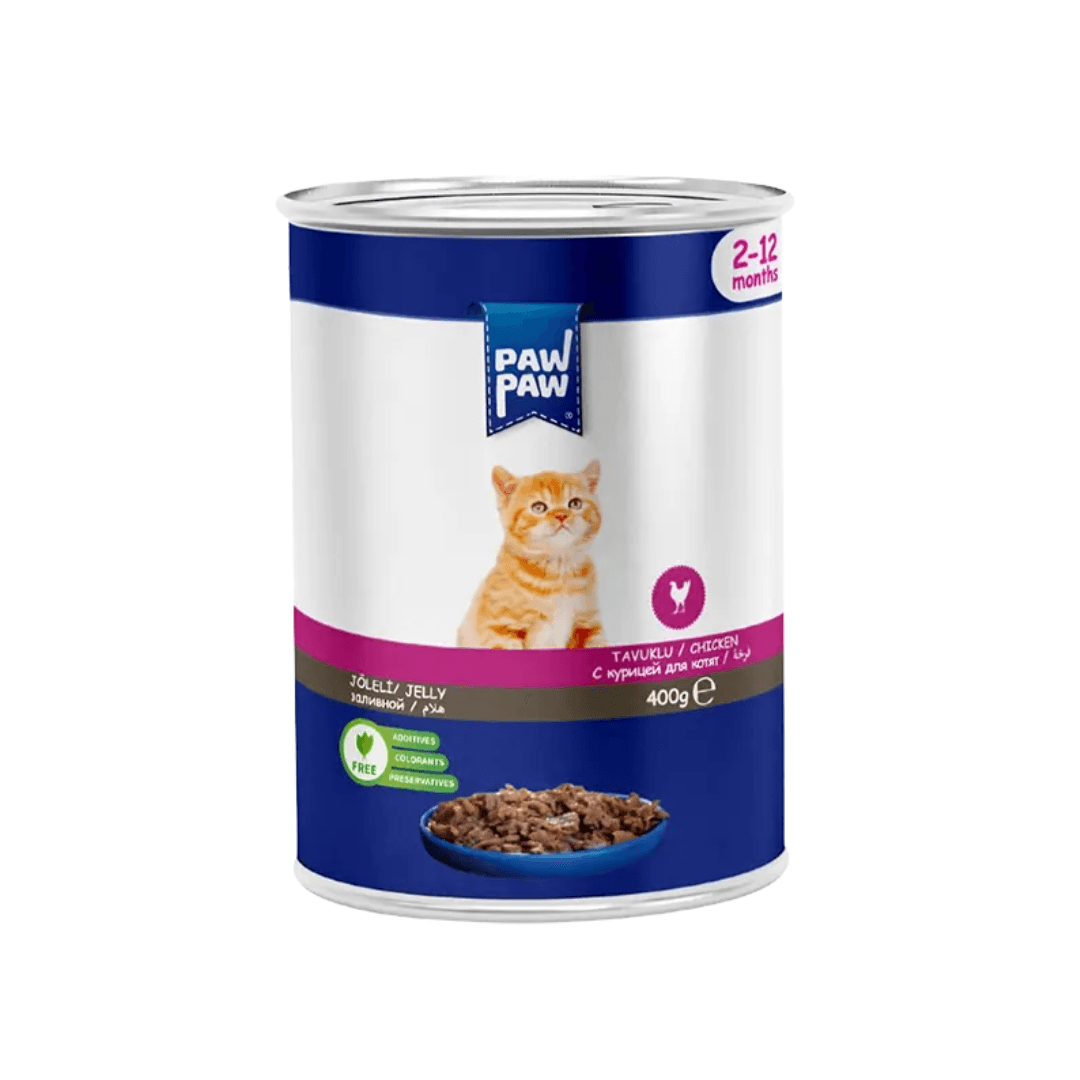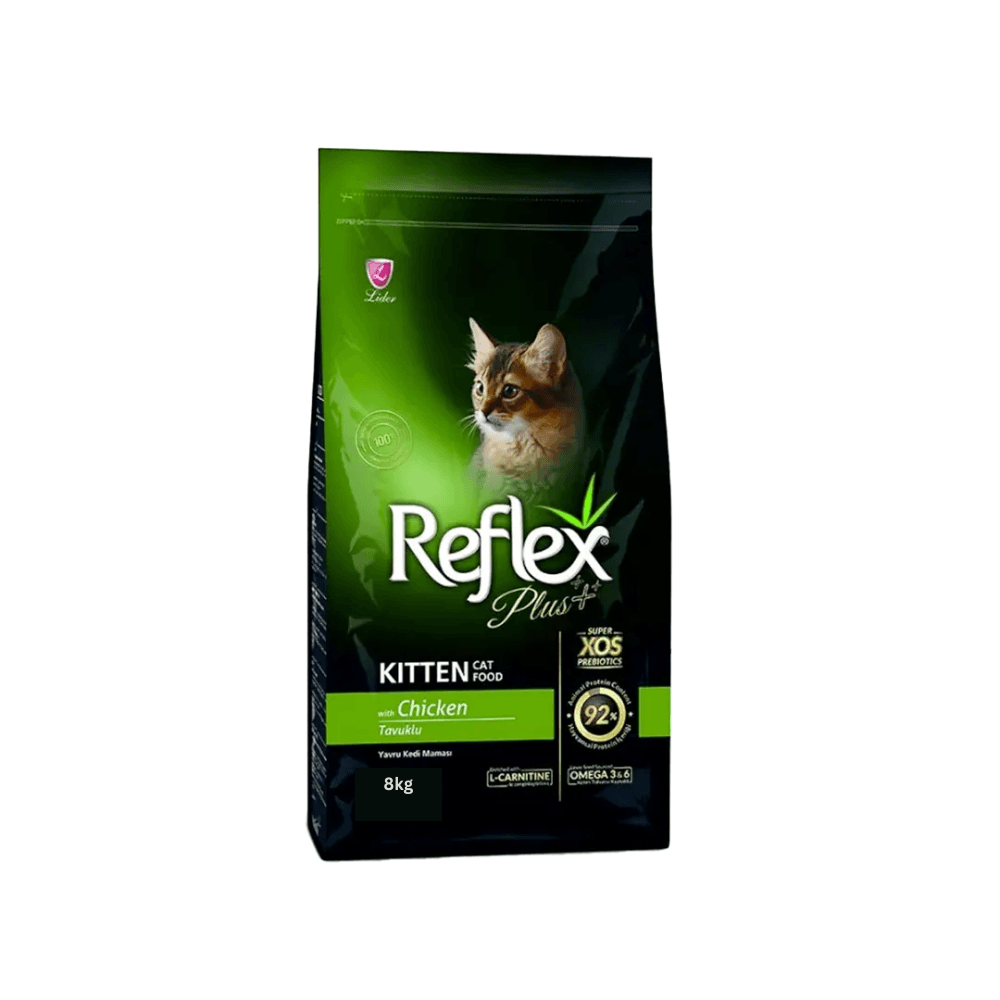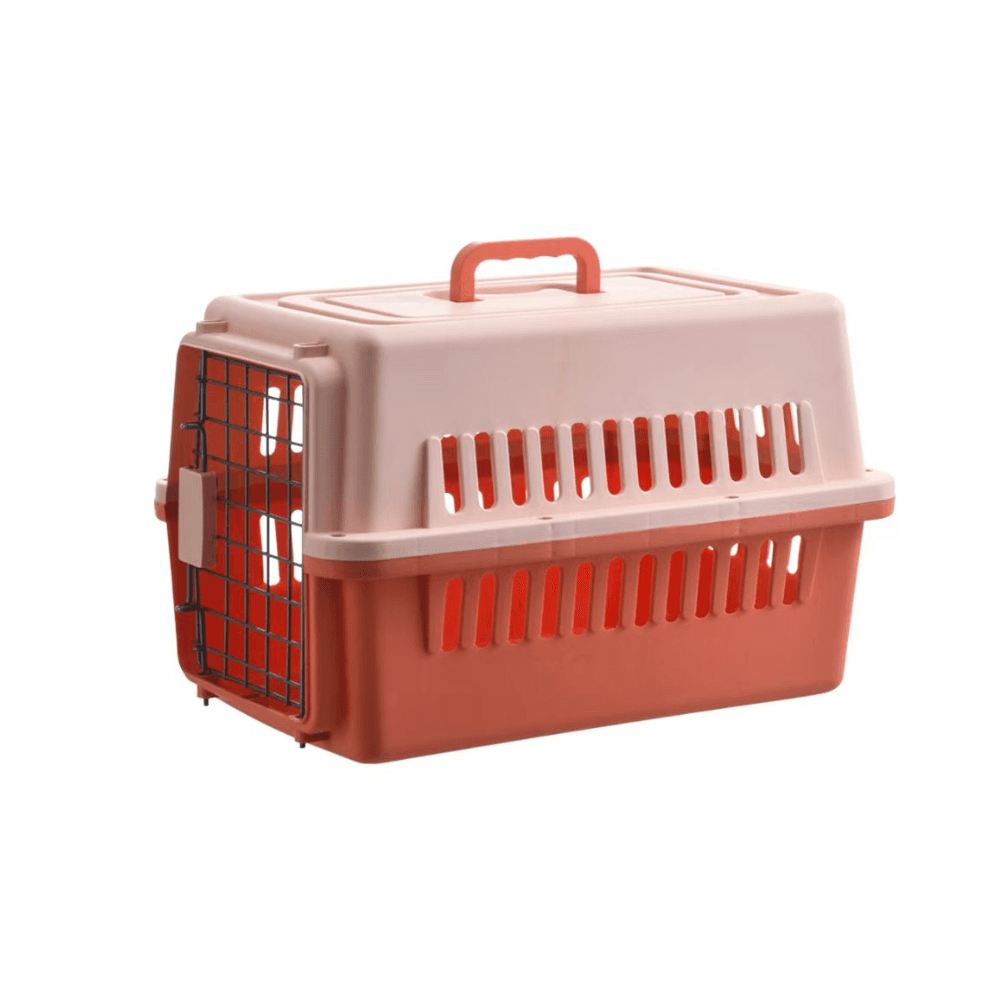Pawsitive Protection: Navigating the World of Cat Vaccines in Bangladesh
Cat vaccination is essential for many reasons, primarily for the well-being of the cat itself as well as the surroundings concerning public health. However, it is not only limited to the felines’ health. So, why are cat vaccines important?
Tanvir Chowdhury
Jun 05, 2024
Imagine a world where your cat is the superhero roaming around without any shield, unaware of the countless unforeseen threats around. Within the blink of an eye, it may fall prey to that one unexpected hazard and start a chain of reactions. This is the exact reality when you leave your cat unvaccinated in a world prone to deadly diseases and much more. So, are you ready to solve the puzzle of the potential outcomes if your cat is stranded behind without the shield of vaccination?
Cat vaccination is essential for many reasons, primarily for the well-being of the cat itself as well as the surroundings concerning public health. However, it is not only limited to the felines’ health. So, why are cat vaccines important?
- For preventing diseases: Cats, like any other living being, are prone to many viruses within our environment. If cats do not receive their shots during kittenhood, they will most likely contract feline calicivirus, rabies, feline distemper, feline viral rhinotracheitis, feline leukemia, chlamydia, and kennel cough. Vaccinations protect cats from such fatal diseases.
- To prevent the spread of diseases: Unvaccinated cats, even if indoor pets, can catch as well as spread infections to and from different diseases since they are more vulnerable. Therefore, vaccination reduces the chances of spreading diseases to cats, as well as other animals including humans in special scenarios.
- Reducing Cost in Long Term: Although vaccinations may seem costly, especially to young cat owners, they save you money that otherwise would have been spent on medication and treatment at the Vet’s office, if your cat had been contaminated with any infectious disease.
- Public Health: Some cat diseases, like rabies, can be spread to humans. Therefore, vaccination against rabies prevents the risk of transmission to humans maintaining safety as well as overall public health.

What are some Common Cat Diseases?
Rabies: Rabies affects the central nervous system of mammals. It is usually infected through the bite of the infected organism. The virus starts from the origin and moves across the body. However, once it reaches the brain, it can no longer survive.
What are the symptoms of Rabies?
- Changes in behavior: Extroverted cats can become less affectionate and may prefer to stay alone.
- Aggression: Cats may become more aggressive or vicious towards other animals or humans.
- Drooling: Affected muscles may cause them to not be able to swallow.
- Loss of Muscle Control: Final stages may include paralysis and coma.
Can Cats Pass Rabies to Humans?
Yes, a cat with rabies can transmit to its owner. There has to be direct contact with the saliva for it to spread.
Which Cat Vaccine is important?
Rabisin is injected against rabies. Rabies Cat Vaccine price in Bangladesh ranges from Tk. 300-500.
Read more: Cat Vaccine in Bangladesh
The other major diseases that can be categorized together include:
Feline Panleukopenia (FPV)
Feline Panleukopenia (FPV) is a highly contagious disease of cats caused by Feline Panleukopenia Virus. FPV attacks rapidly growing mutating cells in the lymph nodes, bone marrow, intestines, and developing fetuses. The name "panleukopenia" stems from the damaging effect that FPV has on white blood cells (leukocytes), which the body needs to fight off infection. Although cats of any age may catch the virus, young kittens and unvaccinated cats are most likely to be affected. Certain cat groups, such as those in pet shops, animal shelters, kennels, boarding facilities, and unvaccinated feral cat colonies, are also more prone to FPV.
How is Feline Panleukopenia spread?
Infected cats can pass FPV through their feces (stool) and body fluids like urine and nasal secretions. Susceptible cats may become infected when they come in contact with these substances, the infected cats themselves, or even fleas from infected cats. Infected, pregnant cats can also pass the virus to their unborn kittens.
FVP can be spread in multiple other ways too, including:
- Bedding
- Litter boxes
- Cages
- Food and water bowls
- Toys
- Hands or clothing of people who have handled infected cats
What are the signs of Feline Panleukopenia?
Most cats do not show any symptoms of FVP. However, it's the kittens that are highly at risk. They may show symptoms such as:
- Diarrhea
- Vomiting
- Fever
- Depression/lethargy
- Loss of appetite
- Dehydration (may appear as sunken eyes or dry gums)
Feline Herpesvirus Type 1 (FHP, FHP I)
Feline herpesvirus (FHV) is a virus that mainly causes acute respiratory infections in cats. With FHV, all cats will remain latently affected until the virus is in the cell meaning they’ll be the lifelong carriers of the disease.
How is Feline Herpesvirus Spread?
- Direct contact – through contact with saliva, ocular or nasal secretions
- Inhalation of sneeze droplets
- Sharing of food bowls and litter trays
- A contaminated environment
What are the signs of Feline Herpesvirus?
Typical signs include:
- Conjunctivitis
- Sneezing
- Nasal discharge
- Salivation
- Drooling
- Pain or irritation in the throat
- Exhaustion
- Loss of Appetite
- Fever
- Coughing
Feline Viral Rhinotracheitis
FVR is a respiratory disease in cats that causes an impairment of pulmonary defense mechanisms allowing cats to be susceptible to secondary bacterial pneumonia.
How is Feline Viral Rhinotracheitis spread?
Through saliva as well as eye and nasal secretion. It usually lasts two weeks post-infection.
What are the signs of Feline Viral Rhinotracheitis?
- Uncontrollable, sudden, sneezing attacks.
- Nasal congestion.
- Excessive eye blinking and squinting.
- Clear, yellow, or green nasal and eye discharge.
- Redness around and in the eye.
- Loss of smell.
- Fever.
- Lethargy
Feline Calicivirus
Feline calicivirus (FCV) is a highly contagious virus that is one of the major causes of cat flu in cats. This virus is ubiquitous and causes disease in cats all over the world.
What are the symptoms of feline calicivirus?
- The initial symptoms involve:
- High Fever
- Severe Depression
- Edema Of The Legs And/or Face
- Jaundice, And
- Symptoms Of Multiple Organ Disease Causing Death Rates Up To 67%.
Feline Chlamydophila
Feline Chlamydophila is a primary conjunctival pathogen and infection involving the eye, resulting in conjunctivitis and occasionally also causing signs of rhinitis, with sneezing and nasal discharge.
What are the symptoms of Feline Chlamydophila?
- Discharge From One Or Both Eyes (Watery At First, But Later Changing To Thick And Yellow)
- Red Eyelids.
- Swollen Eyelids.
- Your Cat May Keep Their Eyelids Partly Closed.
- Your Cat Might Rub Their Eyes More.
- Sneezing.
- Runny Nose.
- Being Off Their Food.
Which Cat Vaccine is Important?
The above discussion consists of the four major types of infections in Felines that are treated by the Nobivac Vaccine. The price ranges of the mentioned cat vaccines in Bangladesh from Tk. 1000-1400. Quadricat is another alternative that can be used against rabies as well as Chlamydophila. It ranges from Tk.1000-1500.
Now that we have jotted down the necessary vaccine shots against diseases, it is your job to take care of the Vaccination Schedule.
Different vaccinations come with different doses and at different ages. Most start from 3 months, 6 months,12 months and can last up to 3 years. Some vaccines also have booster shots available. The best guidelines can be provided by a Veterinarian doctor, a doctor specialized in taking care of animals, who can advise which cats are eligible for vaccination at which ages.

More Blog Articles
Oct 09, 2023
Choosing the Best Adult Dog Food
Discover the top choices for the best adult dog food to support your furry friend's health and vitality.
READ MORE
Oct 11, 2023
Whiskas Cat Food Review
Whiskas Cat Food has become a popular choice among cat owners in Bangladesh, so we decided to give it a try and write a Whiskas Cat Food Review.
READ MORE
Nov 16, 2023
Smart heart Cat Food Review In Bangladesh
The Smart Heart Cat Food is made with high-quality ingredients that are rich in protein and essential nutrients, such as taurine, vitamins, and minerals, to support the overall health and well-being of your cat. It is also enriched with Omega 3 and 6 fatty acids to promote healthy skin and a shiny coat.
READ MORE
Thank you for your subscription!
You will receive news for new product, exclusive offers, and
limited time promotions
Customer Service



.png&w=3840&q=75)











.png&w=3840&q=75)
